We are grateful to the many retailers who have shared recent year on year comparative sales data. This has enabled us to a deep dive into shopper traffic, basket depth and product category performance. We have done this to get an early look into what Christmas 2020 in local small business retail might look like.
The headline is that Christmas 2020 looks good in local small business retail.
Local high street retailers are doing considerably better than shopping mall retail. Suburban, regional and rural high street retail businesses, for which we have comprehensive sales data, are doing very well. They are experiencing solid double-digit year-on-year growth. For the dataset of 60+ businesses in our latest analysis, the average year on year revenue growth is 22%.
What is interesting is that the spike in revenue growth is not matched in a spike in shopper traffic. Rather, the revenue spike has come from shoppers buying more in each visit, driving better shopper efficiency. We are seeing average sale value increase by between 10% and 25%.
The dataset includes business across all states and territories except for the Northern Territory. The results are universal. There appears to be no difference between Victoria, which was in lockdown for some of the weeks under analysis and other states that were not in lockdown.
In terms of Christmas specifically, data indicate excellent year on year growth in Christmas card sales. The same is true for Christmas decorations, Christmas-themed home decor and gift wrap. Year on year growth is, again, 20% and more.
Locally made products are doing particularly well. Shoppers continue to engage with supply chain questions. A common question relates to sourcing from China.
Also of note is excellent growth in sales of calendars and diaries. The diaries growth encourages an optimistic outlook on 2021. Smart retailers are pitching it as that and having some fun with putting 2020 in the past.
Back in March, in the early days of Covid in Australia, jigsaws were hot. They sold out fast. Some expected the surge to fade over time. The latest sales data for October and even into the first two weeks of November suggest otherwise. Yes, jigsaw sales remain strong. half of the stores in the latest dataset sell jigsaws and every one of them is reporting year on year growth. The average of that growth is 150%. Key is breadth of range of supply.
In addition to the jigsaw growth, crafts, art, maker kits and similar are all showing strong results.
Comfort gifts are especially strong. Core in this category is plush. Plush is often dismissed as being tired or ho hum. We have seen sales in the plush space up as much as 50% off a strong base. In one local high street retail business in one recent week, for example, they did $1,850.00 in everyday plush, more than double their usual sales. Range, again, is key this this success.
Not reflected in the POS software collected data is anecdotal evidence that people are spending more this Christmas. Many retailers spoke to this. They spoke of shoppers saying they were spending more on loved ones as well as buying gifts for some they would not usually buy for.
There is the wonder as to the role of government stimulus funding on the sales results. While retailers think is is a factor, they do not see it as the key factor. If time does reveal it as a key factor, local small business retailers will respond accordingly. They are an agile bunch.
Considering the sales data and the and the anecdotal comments, Christmas 2020 looks strong. Plenty of retailers are already talking up the first quarter of 2021.

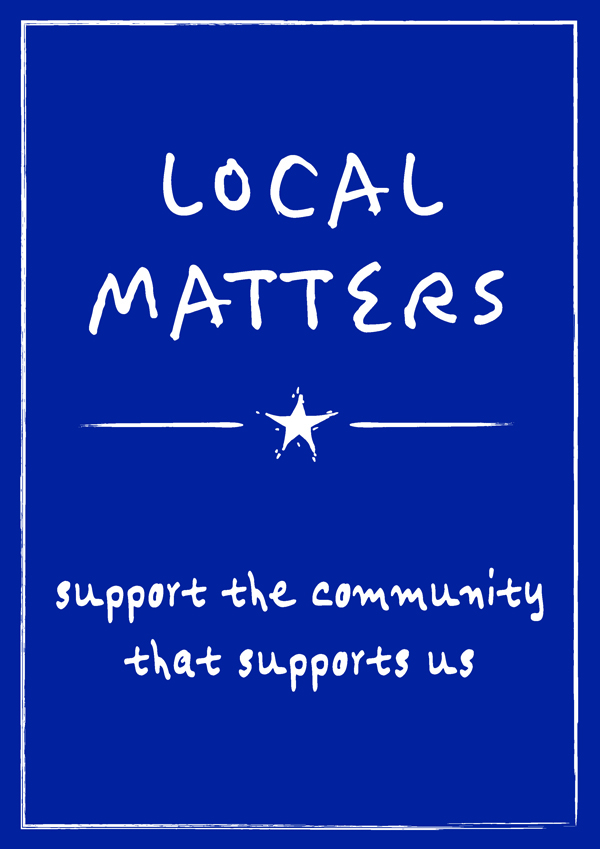
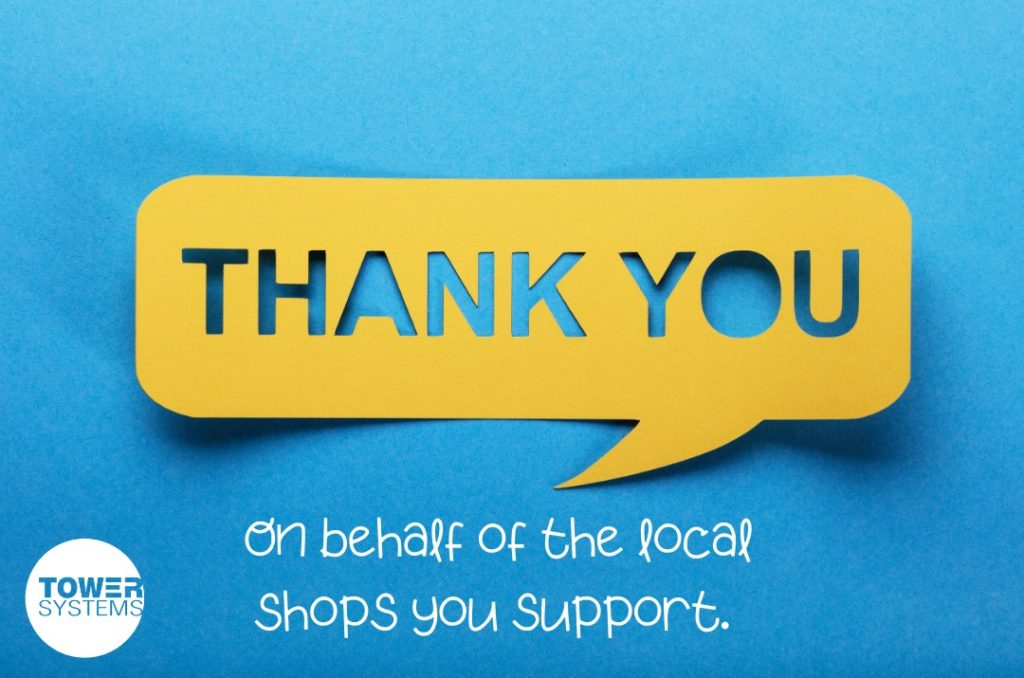
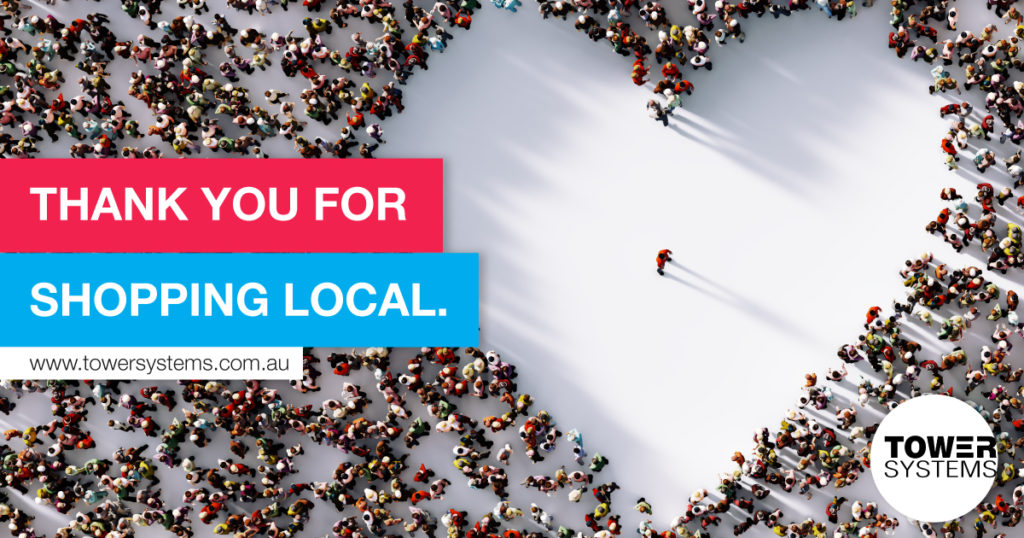
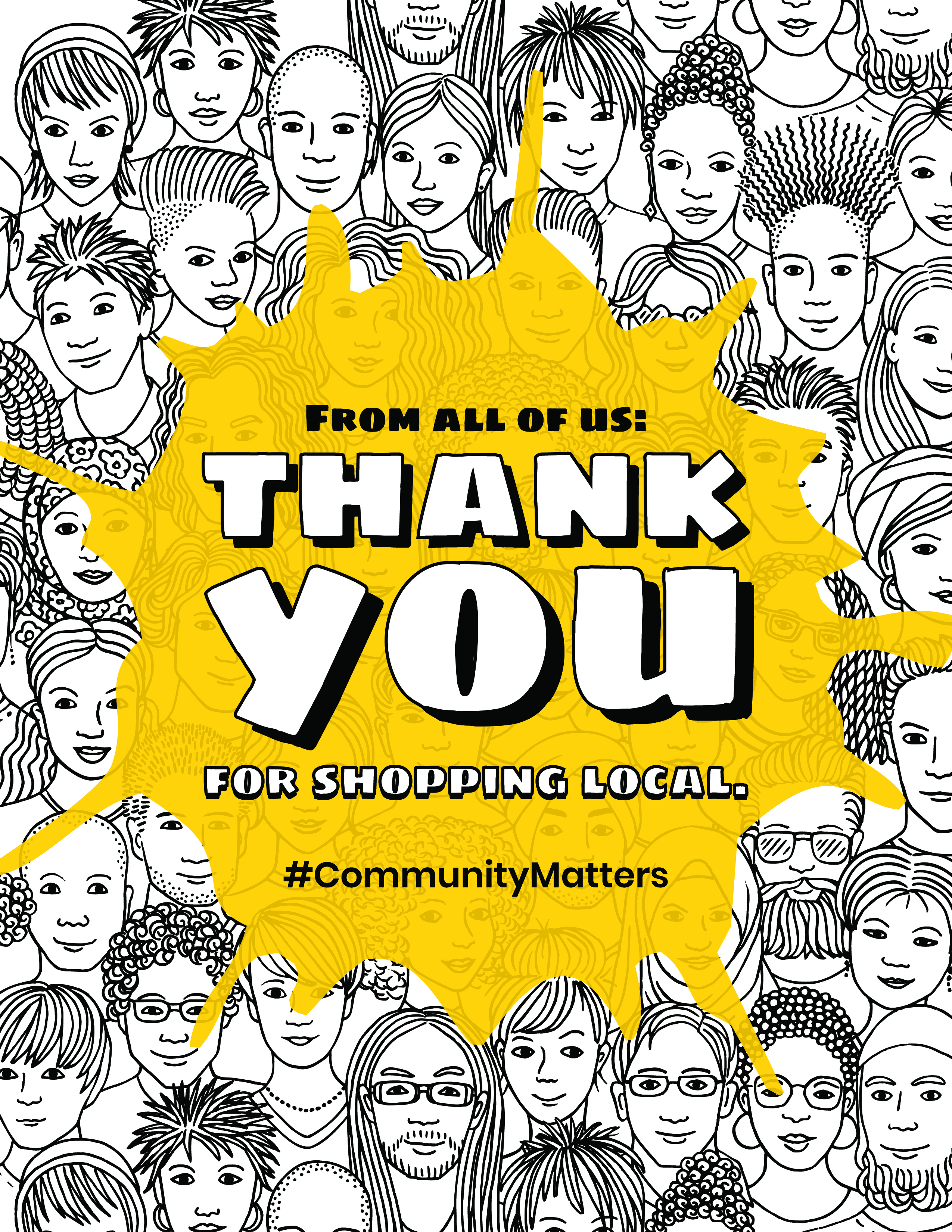
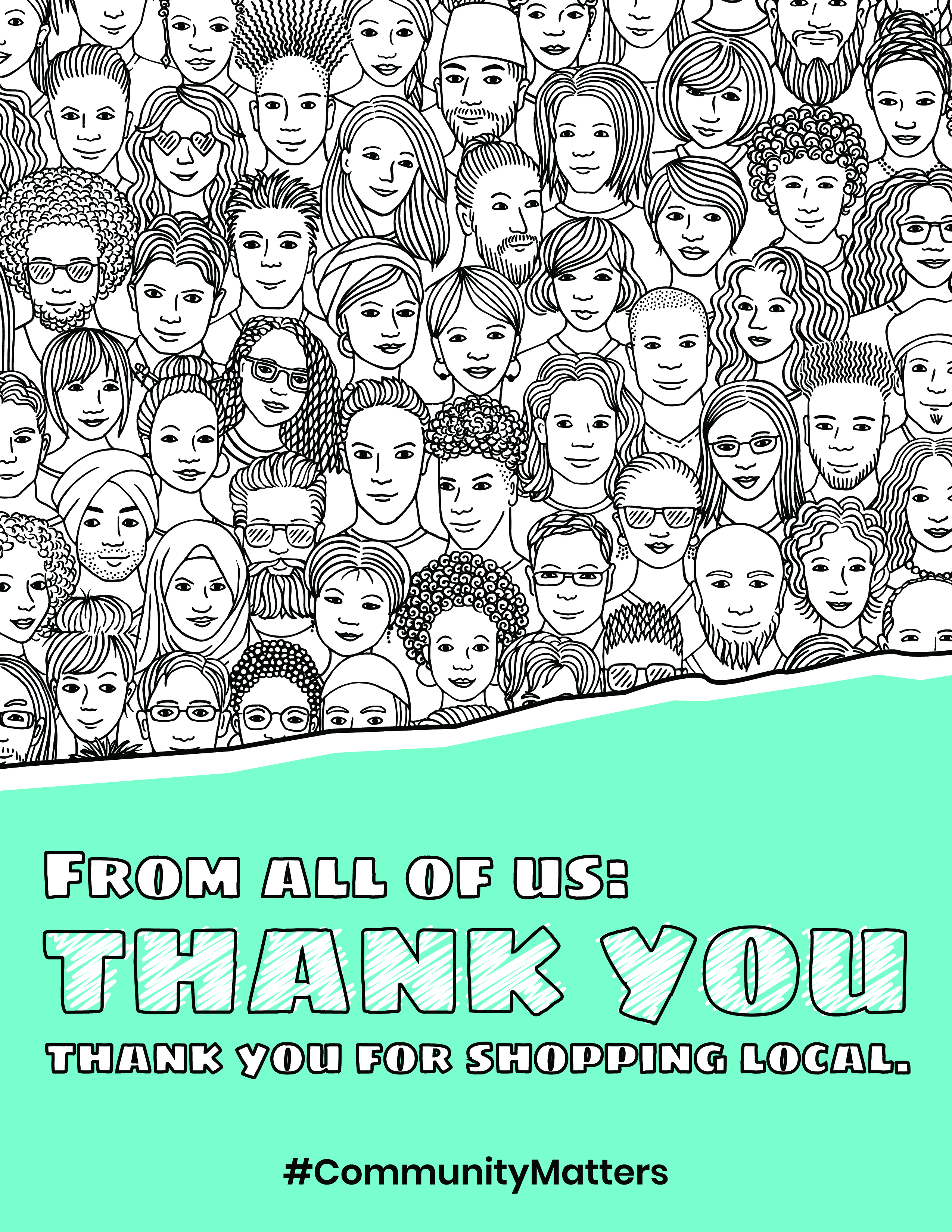
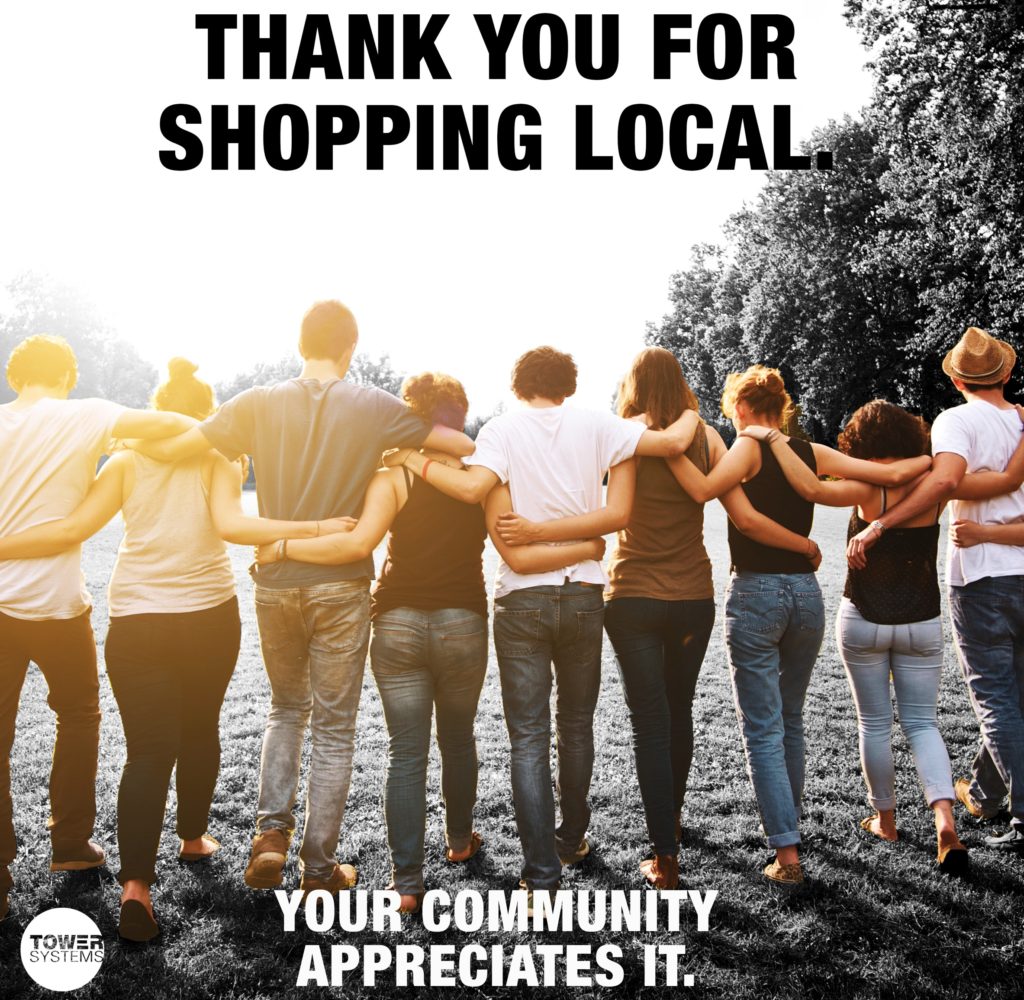
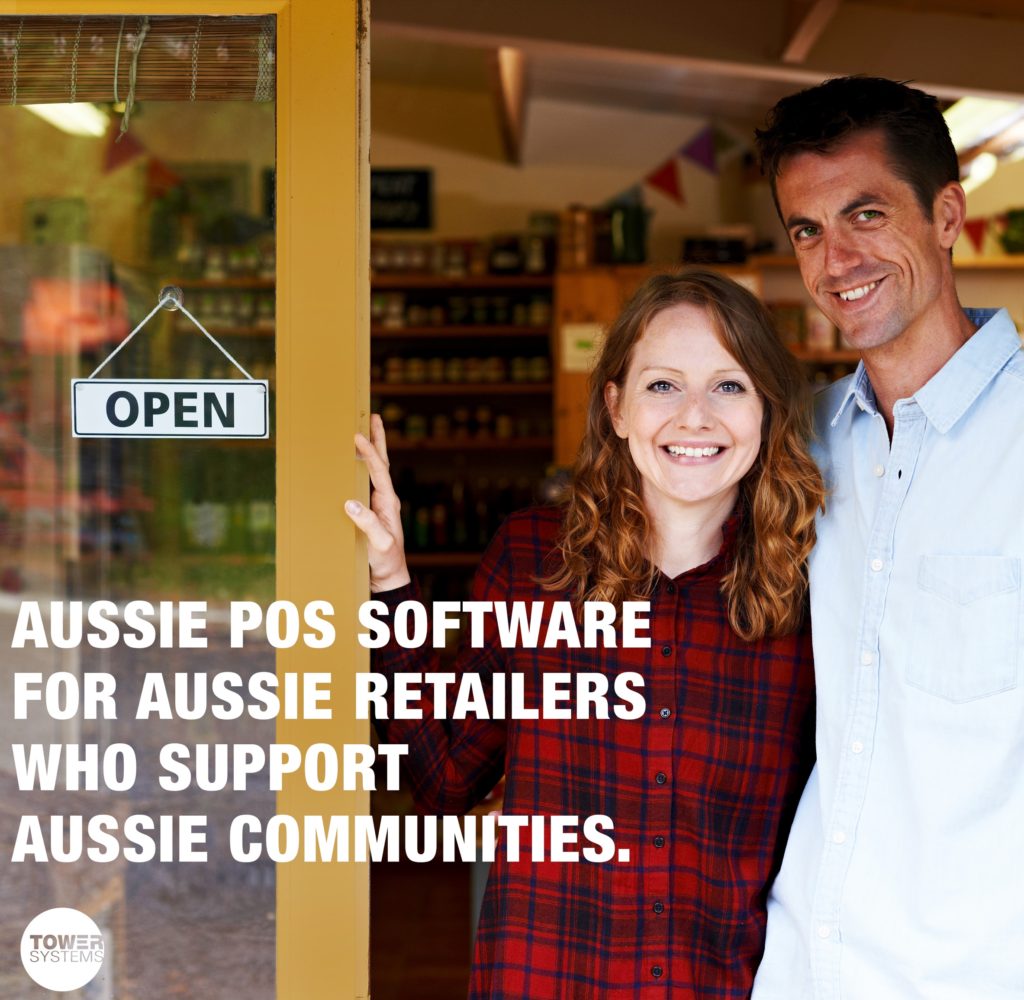
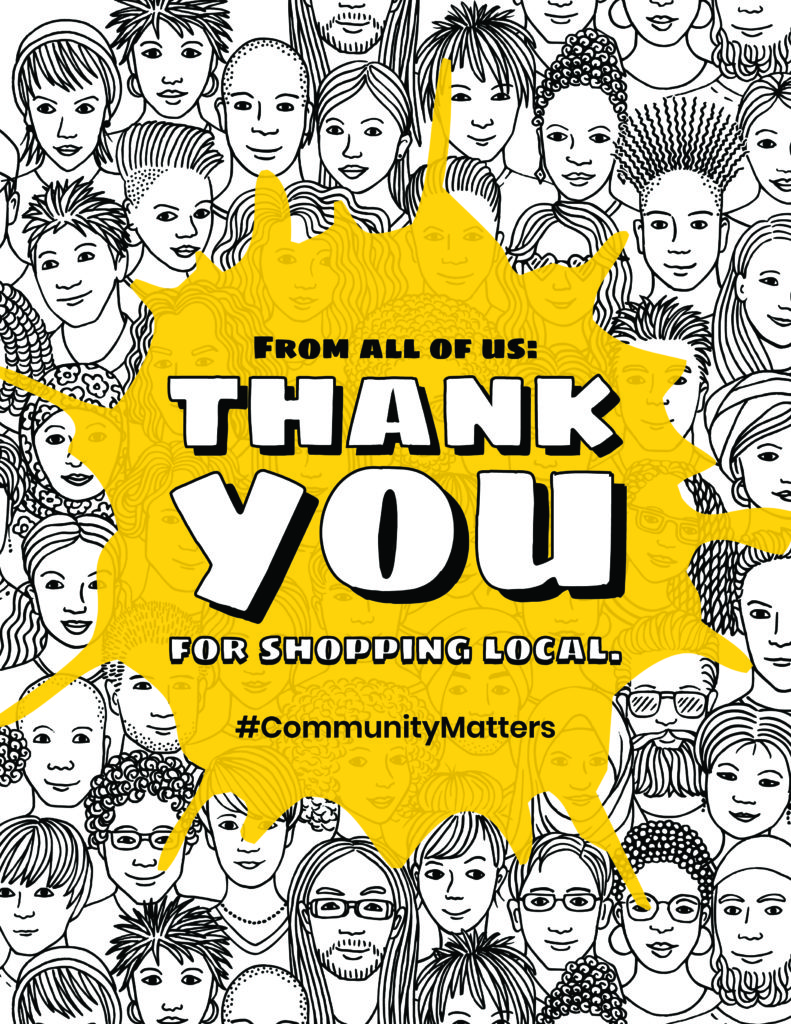
Recent Comments